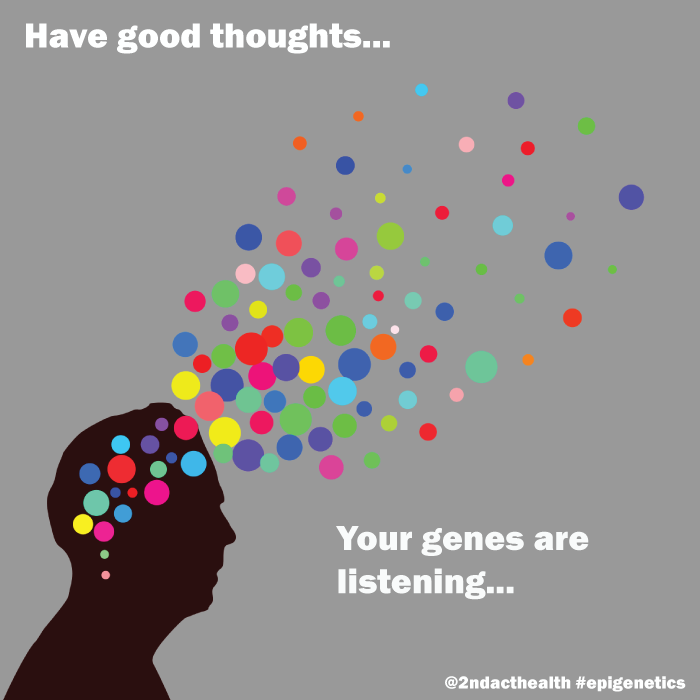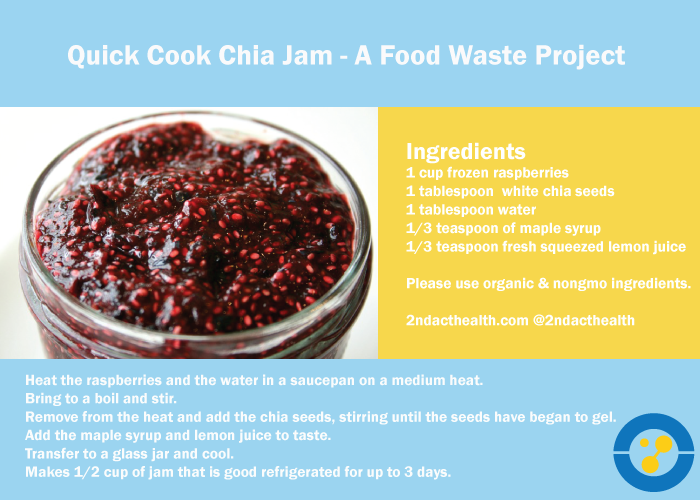As a regular monthly feature, we will be publishing interviews with people in various areas related to health in North America - from healthcare providers to food suppliers, all in an effort to have more dialogue about change in the way we perceive health care and the role each of us plays to improve it.
2A: As a classically trained doctor, how do you see your role changing with the patient empowerment movement and the rise of Dr. Google?
WC: First of all, I think educated patients are a benefit to medicine. I have always seen my role as a guide not as a director. Ultimately, we are all responsible for our own health. As a physician, I can help patients decide when testing is appropriate and when it is not. I can help them determine when medication is a must and when we can "wait things out". I can direct people to healthy diets and lifestyles and trick to incorporate these things into daily living. When patients are empowered with knowledge, we can work together toward shared decision making. This takes the power out of the hands of the provider and puts it in the hand of the patient. What better way for a patient to be invested in themselves?
2A: Do you feel that pills and supplements mirror themselves as wonder fixes? Do we simply like easy answers?
WC: Yes and yes, but I think most people realize that "quick fixes" are nothing more than a temporary bandage. Pills and supplements may be necessary in many situations, but I tell my patients that if they do not change the way they live, the day is going to come when I don't have any more pills to offer. I think most people don't like taking a handful of pills daily, and at some point, the pain of taking the pills, paying for the pills and dealing with the side effects are more difficulty than changing the way one lives.
2A: You are evolving/changing your role? Tell us about that and your inspiration for the move?
WC: Currently I am working as a Hospitalist, which means I take care of a panel of patients who are in the hospital, most often for exacerbations of chronic diseases. (Diabetes, heart failure, COPD, etc.) Unfortunately I see many of my patients spending the last years of their lives in the hospital. I have always felt strongly about promoting health, mainly diet and exercise, but also emotional and spiritual health. I was recruited to join a new office that is opening which will focus on drug and alcohol detox and treatment, using a mix of conventional medicine along with nutraceuticals and action based psychotherapy, Reiki and neurofeedback. I am very excited to pursue this and watch people change their lives!
2A: Healthcare is broken both here in Canada and in the US. Should patients lower their expectations? What can be done for the future?
WC: To say healthcare is broken is being kind. Healthcare needs a total overhaul. We need to truly FOCUS ON PREVENTION. We need to teach parents HOW to feed their children, we need to break old myths and habits. We health care providers need to be up front with patients, while remaining non-judgemental. We cannot be afraid to talk to people about the way they eat, how much they drink and how they live. We need to change what is in school cafeterias and get the juice and soda (and Gatorade) out of our schools. Instead of having a "snack" in the middle of the day, we need to have Physical Education---EVERYDAY in school. You can probably tell I feel strongly about this, but it is time to address the problem at the core, and stop trying to work in disaster mode. Until healthcare, government and business stop focusing on money and start focusing on people and what is right, we will continue to be sick.
2A: What are the keys to good health?
It all starts with what goes in the mouth, be it food, drink or smoke. If there is one thing people can do to make a difference, when the hand goes to the mouth STOP and think, is this good for me or bad for me. 90% of the people I care for in the hospital are there as a result of what has gone into their mouths.
2A: How are you a living example to your family and patients?
I try to practice what I preach. How can I expect others to do what I say, if I am not doing it myself. At work, I take the steps. I run or work out daily. I get enough sleep. I meditate. I have a strong sense of community and purpose. I cook healthy food for my family. My 18 month old grandson eats kale, lentils, quinoa and fruit--and he loves them.
2A: Who are your health mentors?
Wow, this is a tough one. There have been many people through the years but the people who come to mind today are my running coach, Angie Spencer; my favorite podcaster, Rich Roll who piqued my interest in the plant based movement and meditation; Dr. Bob Smith and Bill Wilson the founders of Alcoholics Anonymous who saw the importance of spirituality in wellness and Jeff Galloway who at 70 years old still runs a marathon a month and stays healthy.
2A: What is the one meal you go to that makes you feel the best?
My morning green smoothie. I have the same thing (with small variations) every morning. A handful of kale, a handful of spinach, a little plain organic kefir, homemade cashew milk, 1/2 avocado, a few slices of frozen organic peaches, 1 brazil nut and a teaspoon of maca powder--all in the Vitamix and voila, a yummy, delicious treat. When I am feeling particularly sentimental, my comfort food is chicken paprikash (MAYBE once a year) because it reminds me of my grandmother, the best cook I knew!

